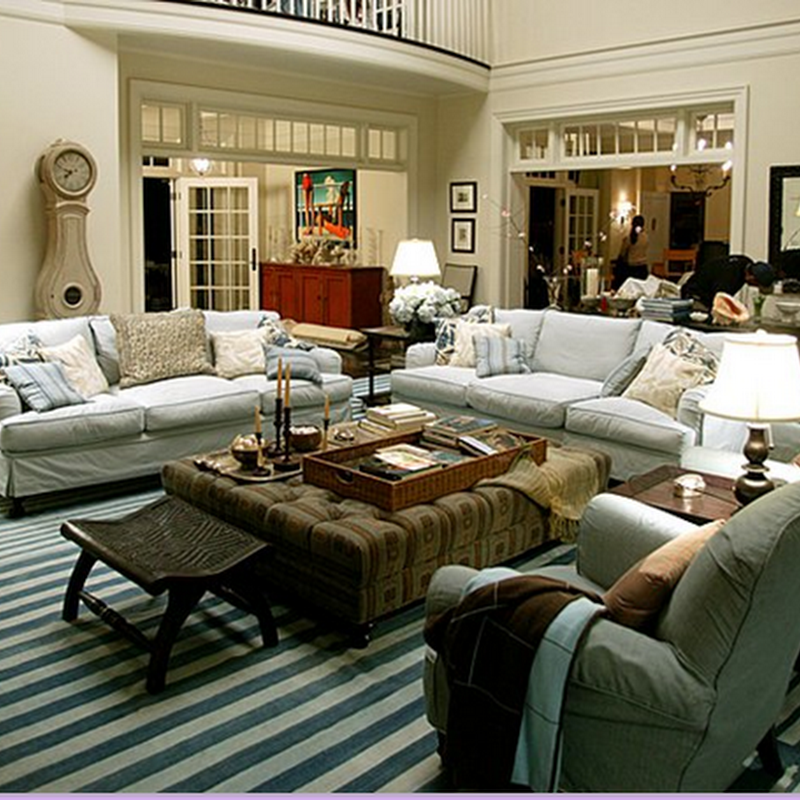come up in about 40 percent of the cases I see."
- Cheryl Rampage, Senior Vice President of The Family Institute as quoted in Privileged, by Penelope Mesic, November 2008 NORTHSHOREMAG.COM
Research now finds that small home living is especially good for teens. A recent article in Chicago's NorthShore magazine, focused on the privileged life many teens lead in Chicago's wealthy northern suburbs and the growing number of adolescents who are collapsing under the weight of their advantages. The risk factor for these young people is something that most regard as a benefit - affluence and all the possesions that come with it, particularly the larger house.
Here is an excerpt from this fascinating article:
In fact, the wealthier the child, the more likely to feel estranged. This matters because the best predictor for healthy adjustment is closeness to one's parents, and the reverse is a warning sign for drug and alcohol use, anxiety and depression. And when these problems emerge in high school they may predict a lifelong vulnerability in adulthood.
One way that affluence plays a part, Rampage says, is that "closeness" has a literal component. A less-prosperous family usually shares a smaller space. Parents can see or hear when a child is upset or sad. Children can tell when their parents are worried and have a better sense of their family's problems. The child is more likely to contribute, and the child's contributions are more likely to be valued, which creates a sense of worth and responsibility.
A middle-class family may really need a teenage son or daughter to clean house or to baby-sit and make a meal for younger siblings or to have a job to save money for college. An affluent teen may have no reason to do chores or cook dinner. After all, there are people around who are paid to do those things. Another contributing factor is the affluent teen with his or her own room, bath, TV, computer, telephone and car doesn't have to compromise about who will use the car when, or learn to take turns choosing what's on television, or negotiate about who takes the first shower.
From the parental point of view, to have your child live in a parallel universe may seem entirely positive. Your Audi won't come back from basketball practice with a crumpled rear bumper. You won't spend most of Nova arguing with a 14-year-old who would rather watch Spiderman III. You can read The New York Times "Style" section without having to listen to Radiohead. But even irksome contacts can foster closeness and promote the skills your child needs, including the ability to compromise, negotiate, accommodate others and take care of belongings.
"In a smaller space you witness each other's moods and interests," says Sachs Alter. "You take turns, enjoy each other's company."
The complete article can be found at NORTHSHOREMAG.COM.The moral to this story? Make children share a bedroom. Its good for them!
Until next time,
Genevieve








